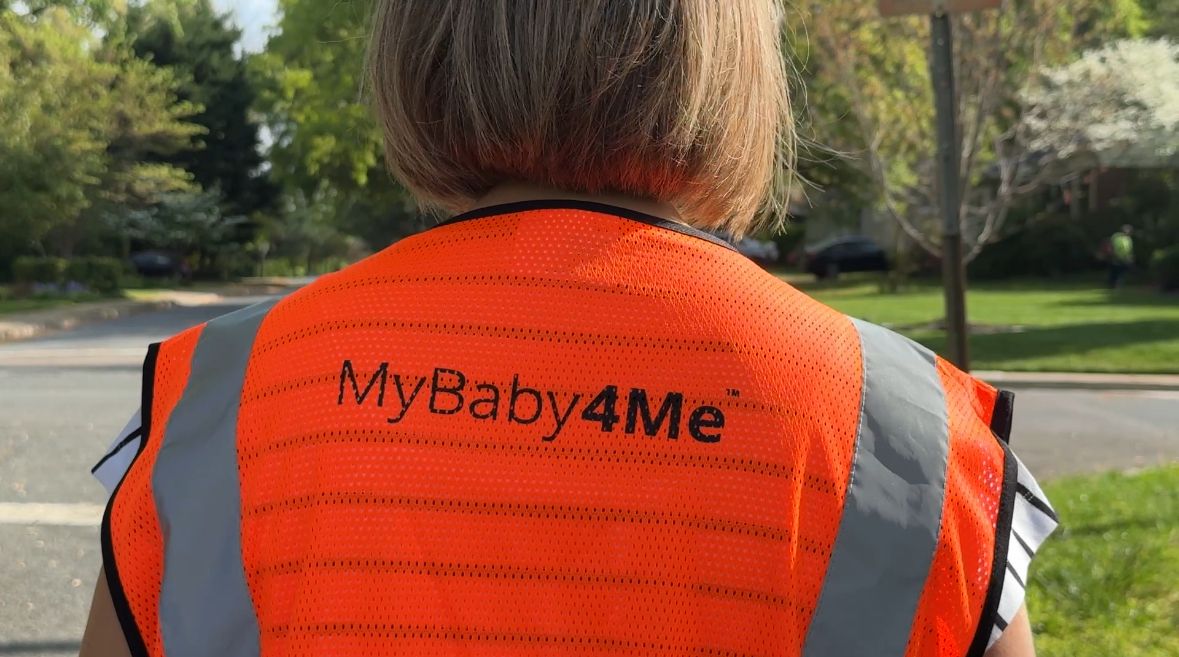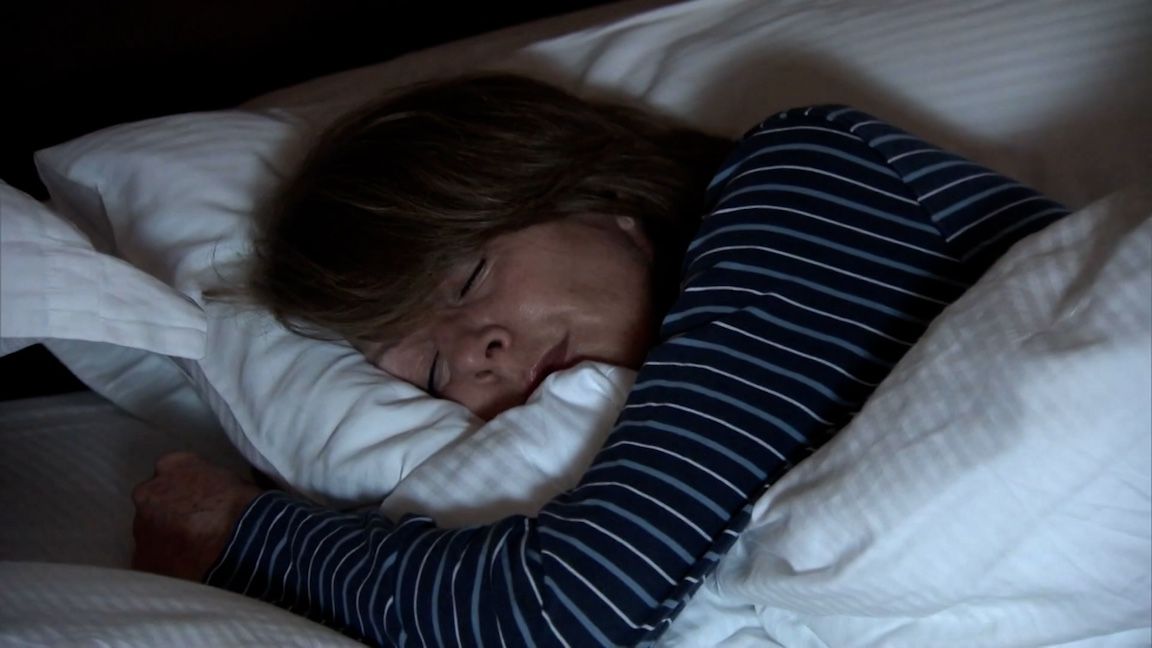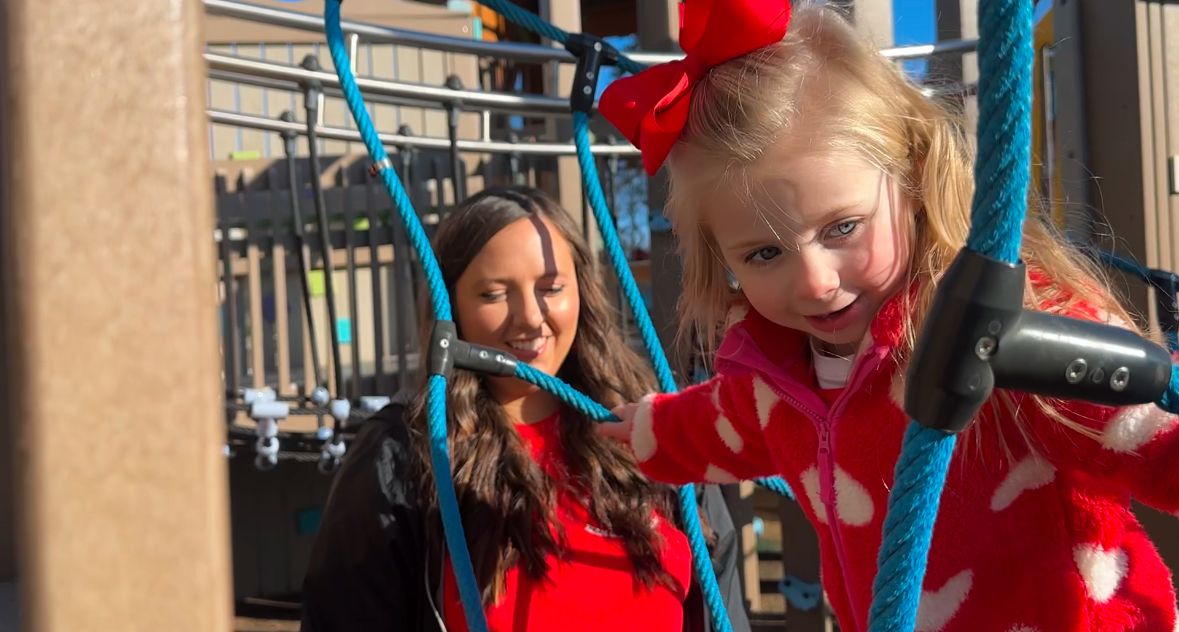RALEIGH, N.C. — It's that time of year when we set our clocks back an hour as daylight saving time ends at 2 a.m. Sunday.
While collecting an extra hour of sleep isn't usually as protested as "spring ahead" in the springtime, this weekend's time change often spurs outcry over the loss of sunshine in the evening.
Duke Health pediatric neurologist Dr. Sujay Kansagra says this change still takes a toll on our health and sometimes our happiness.
"You might find that you are getting one hour or less for a few days than during that initial week, and when you transition in that, comes consequences," Kansagra explained.
"The main consequences of sleep deprivation, of course, fatigue, you can have changes in your mood. You can have changes in your appetite. We know that there is an increased risk of having accidents if you're sleeping less. There's also an increased risk of things like stroke and heart attack," he said.
While Kansagra recommends people begin making adjustments to their sleep schedules a week or two before the clock changes, there are things you can do now and after the change to make for a smoother sleep transition.
To help delay your body clock, he recommends getting extra light each night to counter the effects.
"We usually recommend in the sleep medicine world, for the first few days after daylight saving transition, maybe staying up 15 minutes a little bit later than you typically would. And that will help you transition a little bit faster," Kansagra said.
"For night owls, you might find this is the perfect time for you because you naturally want to sleep in anyway," he said.
Since 2015, some 30 states, including N.C., have proposed legislation to do away with the time change twice a year.
Related: As clocks fall back, permanent daylight saving bill remains stalled in Congress
N.C. House Bill 307, Time Zone/Observe DST All Year, passed in the House by a 100-16 vote last year. However, the bill landed in a legislative graveyard in the Senate Rules and Operations Committee.
Meanwhile, a federal proposal with the same mission, named The Sunshine Act, is in legislative limbo.
Currently, only Arizona and Hawaii do not observe DST.
"As a sleep physician, I would love to get rid of daylight saving transitions," Kansagra said. "We usually opt for standard time in the sleep medicine world. We think it better aligns with our natural sleep processes and ensures that there is some light early in the morning, setting our circadian rhythms."
There has been research studying the connection between DST and seasonal affective disorder, specifically winter depression.
"If you're suffering from winter depression, you find that your mood is worse during the fall and winter months. It's important to talk to your physician and get help, because there are treatments you can implement pretty easily, including light therapy, that can help you with this particular disorder."
Kansagra says most people who have seasonal affective disorder don't get the help they need.
The Centers for Disease Control and Prevention recommends adults get at least seven hours of sleep each night and school-age children get 9-12 hours.
For more sleep tips, you can follow Kansagra on social media @thatsleepdoc.










